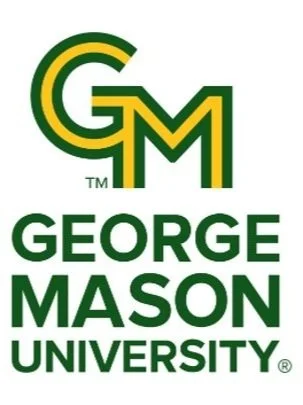Accelerating Research Translation at George Mason University
The Center for Climate Strategies is proud to serve as a co-principal investigator and core partner in a major initiative led by George Mason University (Mason) under the National Science Foundation’s (NSF) Accelerating Research Translation (ART) program. Mason was one of only 18 universities nationwide selected for this competitive $100 million federal investment to accelerate the conversion of academic research into real-world solutions to society’s most urgent challenges.
Through a four-year cooperative agreement—“ART: Translating Research to Practice to Create Climate-Ready Communities Across Virginia”—the project brings together academic researchers, policy experts, and community leaders to strengthen local resilience to climate risks such as extreme heat, flooding, and infrastructure vulnerability, while also advancing public health, equity, and sustainable development.
Through integrated research, education, and outreach, the initiative is strengthening local resilience while creating replicable tools and models for broader national application. By combining analytical tools, policy expertise, stakeholder engagement, and on-the-ground training, CCS is helping build a stronger, more resilient Virginia, and setting a model for communities across the country. CCS contributes deep technical expertise, stakeholder engagement experience, and policy leadership to the ART initiative.
Leah Nichols, the executive director of Mason’s Institute for a Sustainable Earth, serves as the project’s principal investigator. Tom Peterson, CEO for CCS, serves as a co-principal investigator along with Jim Kinter, a professor in the Climate Dynamics PhD Program and the director of both Mason’s Center for Ocean-Land-Atmosphere Studies within the College of Science and the Virginia Climate Center; Celso Ferreira, an associate professor within Mason’s College of Engineering and Computing and the director of the Flood Hazards Research Lab; and Luis Ortiz, an assistant professor in the Department of Atmospheric, Oceanic and Earth Sciences within the College of Science. MN Associates Inc. is monitoring the program’s implementation and progress.
The CCS team’s contributions to the ART program thus far have included:
Teaching and Training:
Tom Peterson is teaching a graduate-level climate adaptation course at Mason as part of the ART initiative, helping to build capacity among future climate professionals and local leaders.
CCS is delivering continuing education workshops designed specifically for Virginia’s state and local governments, planners, and community organizations. These workshops focus on practical tools and decision frameworks that help frontline communities reduce risk and build adaptive capacity.
Community Profile Tool Development:
CCS developed a Community Profile Tool that integrates extensive datasets—including environmental, socioeconomic, and hazard exposure indicators—to screen and prioritize resilience needs across Virginia. The tool supports localized decision-making by identifying community-specific vulnerabilities and resilience gaps.
Virginia Resilience and Readiness Review:
To inform the ART program’s strategy, CCS conducted an in-depth review of existing climate adaptation and resilience plans across the state, regional, planning district, county, and local levels. This analysis provides a baseline understanding of Virginia’s current community resilience and readiness landscape, helping identify opportunities to strengthen coordination and implementation capacity.
To learn more about the ART program and CCS’s role in increasing resilience in Virginia, visit GMU’s ART program website.

